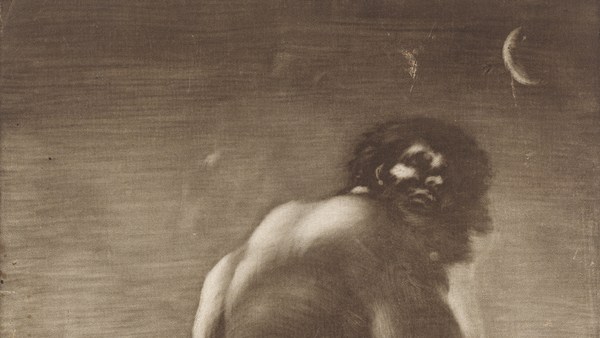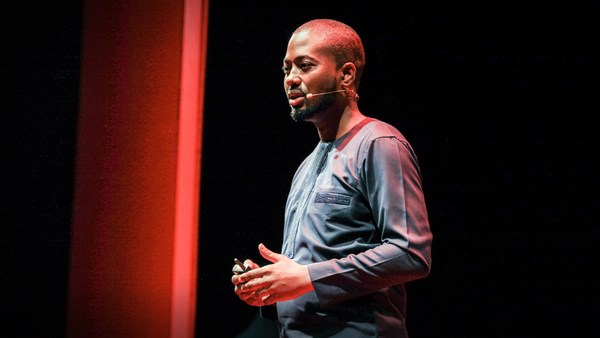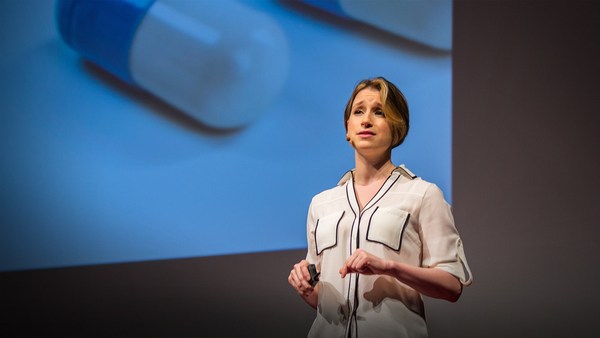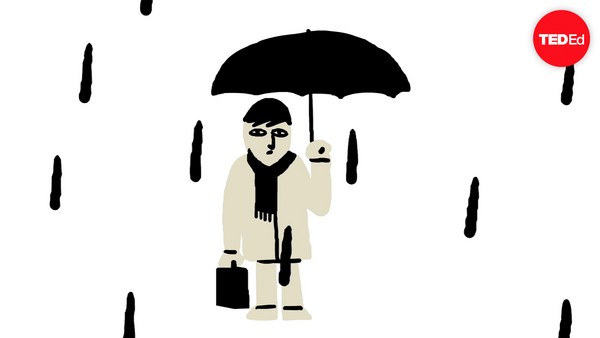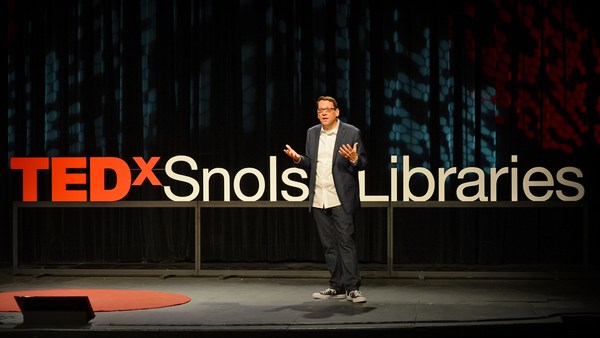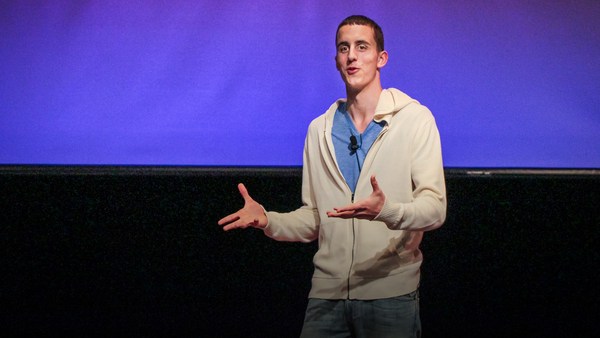What are you doing on this stage in front of all these people?
(Laughter)
Run!
(Laughter)
Run now.
That's the voice of my anxiety talking. Even when there's absolutely nothing wrong, I sometimes get this overwhelming sense of doom, like danger is lurking just around the corner.
You see, a few years ago, I was diagnosed with generalized anxiety and depression -- two conditions that often go hand in hand. Now, there was a time I wouldn't have told anybody, especially not in front of a big audience. As a black woman, I've had to develop extraordinary resilience to succeed. And like most people in my community, I had the misconception that depression was a sign of weakness, a character flaw. But I wasn't weak; I was a high achiever. I'd earned a Master's degree in Media Studies and had a string of high-profile jobs in the film and television industries. I'd even won two Emmy Awards for my hard work. Sure, I was totally spent, I lacked interest in things I used to enjoy, barely ate, struggled with insomnia and felt isolated and depleted. But depressed? No, not me.
It took weeks before I could admit it, but the doctor was right: I was depressed. Still, I didn't tell anybody about my diagnosis. I was too ashamed. I didn't think I had the right to be depressed. I had a privileged life with a loving family and a successful career. And when I thought about the unspeakable horrors that my ancestors had been through in this country so that I could have it better, my shame grew even deeper. I was standing on their shoulders. How could I let them down? I would hold my head up, put a smile on my face and never tell a soul.
On July 4, 2013, my world came crashing in on me. That was the day I got a phone call from my mom telling me that my 22-year-old nephew, Paul, had ended his life, after years of battling depression and anxiety. There are no words that can describe the devastation I felt. Paul and I were very close, but I had no idea he was in so much pain. Neither one of us had ever talked to the other about our struggles. The shame and stigma kept us both silent.
Now, my way of dealing with adversity is to face it head on, so I spent the next two years researching depression and anxiety, and what I found was mind-blowing. The World Health Organization reports that depression is the leading cause of sickness and disability in the world. While the exact cause of depression isn't clear, research suggests that most mental disorders develop, at least in part, because of a chemical imbalance in the brain, and/or an underlying genetic predisposition. So you can't just shake it off.
For black Americans, stressors like racism and socioeconomic disparities put them at a 20 percent greater risk of developing a mental disorder, yet they seek mental health services at about half the rate of white Americans. One reason is the stigma, with 63 percent of black Americans mistaking depression for a weakness. Sadly, the suicide rate among black children has doubled in the past 20 years.
Now, here's the good news: seventy percent of people struggling with depression will improve with therapy, treatment and medication. Armed with this information, I made a decision: I wasn't going to be silent anymore. With my family's blessing, I would share our story in hopes of sparking a national conversation.
A friend, Kelly Pierre-Louis, said, "Being strong is killing us." She's right. We have got to retire those tired, old narratives of the strong black woman and the super-masculine black man, who, no matter how many times they get knocked down, just shake it off and soldier on. Having feelings isn't a sign of weakness. Feelings mean we're human. And when we deny our humanity, it leaves us feeling empty inside, searching for ways to self-medicate in order to fill the void. My drug was high achievement.
These days, I share my story openly, and I ask others to share theirs, too. I believe that's what it takes to help people who may be suffering in silence to know that they are not alone and to know that with help, they can heal. Now, I still have my struggles, particularly with the anxiety, but I'm able to manage it through daily mediation, yoga and a relatively healthy diet.
(Laughter)
If I feel like things are starting to spiral, I make an appointment to see my therapist, a dynamic black woman named Dawn Armstrong, who has a great sense of humor and a familiarity that I find comforting. I will always regret that I couldn't be there for my nephew. But my sincerest hope is that I can inspire others with the lesson that I've learned.
Life is beautiful. Sometimes it's messy, and it's always unpredictable. But it will all be OK when you have your support system to help you through it. I hope that if your burden gets too heavy, you'll ask for a hand, too.
Thank you.
(Applause)
